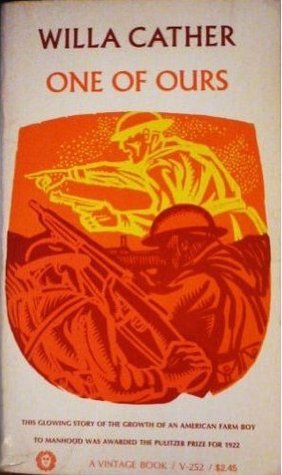What do you think?
Rate this book


391 pages, Paperback
First published January 1, 1922
He sneered at himself for his lack of spirit. If he had to do with strangers, he told himself, he could take up a case and fight for it. He could not assert himself against his father or mother, but he could be bold enough with the rest of the world.
The debris of human life was more worthless and ugly than the dead and decaying things in nature. Rubbish, junk...his mind could not picture anything that so exposed and condemned all the dreary, weary, ever-repeated actions by which life is continued from day to day...he could not help thinking how much better it would be if people could go to sleep like the fields; could be blanketed down under the snow, to wake with their hurts healed and their defeats forgotten.
Could it really be he, who was airing his opinions in this indelicate manner? He caught himself using words that had never crossed his lips before, that in his mind were associated only with the printed page.
To be assured, at his age, of three meals a day and plenty of sleep, was like being assured of a decent burial. Safety, security; if you followed that reasoning out, then the unborn, those who would never be born, were the safest of all; nothing could happen to them.
What he wanted to do was hold up life as he had found it, like a picture to his young friend; to warn him, without explanation, against certain heart-breaking disappointments. It could not be done, he saw. The dead might as well try to speak to the living as the old to the young.